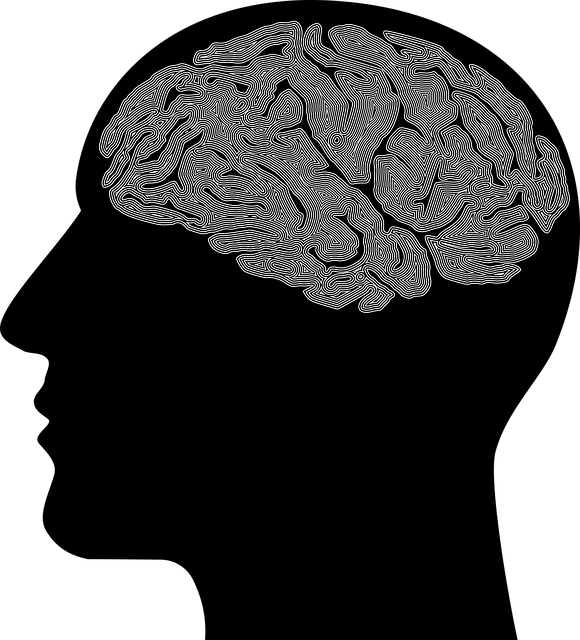Denver Kaiser Permanente's RFM (Resilience, Flexibility, Mastery) framework revolutionizes mental health support by focusing on building adaptability, managing change, and achieving emotional control. Through tailored exercises like journaling, meditation, and coping skills development, they enhance patient care and employee resilience. Their strategic initiative integrates mindfulness practices and group support, contributing to public awareness and improving healthcare outcomes by prioritizing burnout prevention in their Denver Kaiser Permanente mental health coverage programs.
“Discover the power of resilience through RFM (Risk, Frequency, and Intensity) implementation, a game-changer in mental health support. This article explores how Denver Kaiser Permanente has successfully integrated resilience-building exercises into their mental health coverage, enhancing patient well-being.
We’ll delve into the understanding of RFM’s impact on mental health and provide practical strategies for implementing effective programs. Learn from Denver Kaiser Permanente’s approach, which offers valuable insights for improving mental health coverage and fostering resilience in individuals.”
- Understanding RFM and Its Impact on Mental Health Support
- Denver Kaiser Permanente's Approach to Integrating Resilience-Building Exercises
- Implementing Effective RFM Programs: Strategies for Mental Health Coverage Success
Understanding RFM and Its Impact on Mental Health Support

Understanding RFM (Resilience, Flexibility, and Mastery) is pivotal when implementing resilience-building exercises, especially in mental health support contexts like Denver Kaiser Permanente’s services. This framework recognizes that fostering mental wellness involves more than just treating symptoms; it’s about empowering individuals to navigate life’s challenges effectively. By focusing on these three dimensions, Denver Kaiser Permanente’s mental health coverage can offer comprehensive care.
Resilience refers to an individual’s capacity to adapt and bounce back from adversity. Flexibility involves coping with change, while Mastery entails developing skills to manage one’s thoughts, emotions, and behaviors. Integrating exercises like Mental Wellness Journaling Exercise Guidance, Mindfulness Meditation, and Coping Skills Development under this RFM model can enhance the effectiveness of mental health interventions, supporting individuals in cultivating resilience, navigating life transitions, and gaining a sense of control over their well-being.
Denver Kaiser Permanente's Approach to Integrating Resilience-Building Exercises

Denver Kaiser Permanente has taken a pioneering approach to integrating resilience-building exercises into their comprehensive mental health coverage. Recognizing the profound impact of stress and burnout on healthcare providers, they’ve developed a strategic initiative focused on emotional healing processes. This forward-thinking strategy involves incorporating mindfulness practices, stress management techniques, and group support sessions tailored for the unique challenges faced by medical professionals.
Through these initiatives, Kaiser Permanente aims to enhance resilience not just among its employees but also contribute to public awareness campaigns development. By prioritizing burnout prevention strategies for healthcare providers, they’re ensuring a more sustainable and compassionate healthcare system. This holistic approach prioritizes the well-being of caregivers, ultimately improving patient care and community health outcomes.
Implementing Effective RFM Programs: Strategies for Mental Health Coverage Success

Implementing effective RFM (Resilience, Flexibility, and Mindfulness) programs is key to achieving success in mental health coverage, as evidenced by Denver Kaiser Permanente’s forward-thinking initiatives. These strategies not only enhance individual resilience but also foster a supportive environment that promotes better mental well-being. By integrating RFM exercises into routine care, healthcare providers can empower patients with valuable tools for mood management and stress reduction.
The focus on Mind Over Matter principles within these programs encourages individuals to develop healthy coping mechanisms and improve their overall quality of life. Moreover, communication strategies play a pivotal role in creating safe spaces where patients feel comfortable discussing their mental health challenges openly. Through regular practice, RFM techniques can significantly contribute to the long-term success of mental health coverage initiatives, as seen in the positive outcomes experienced by Denver Kaiser Permanente’s patients.
The implementation of RFM and resilience-building exercises, as exemplified by Denver Kaiser Permanente’s innovative approach, offers a promising strategy for enhancing mental health coverage. By integrating these practices, healthcare providers can empower individuals to build resilience, navigate life challenges, and improve overall well-being. This evidence-based method has the potential to revolutionize mental health support, making it more accessible and effective in today’s fast-paced world. Denver Kaiser Permanente’s success serves as a testament to the power of such initiatives, highlighting the importance of prioritizing mental health coverage with these comprehensive resilience-focused programs.

